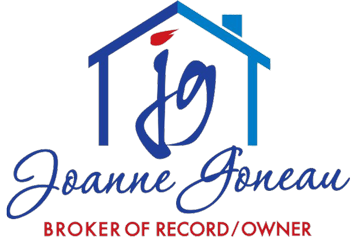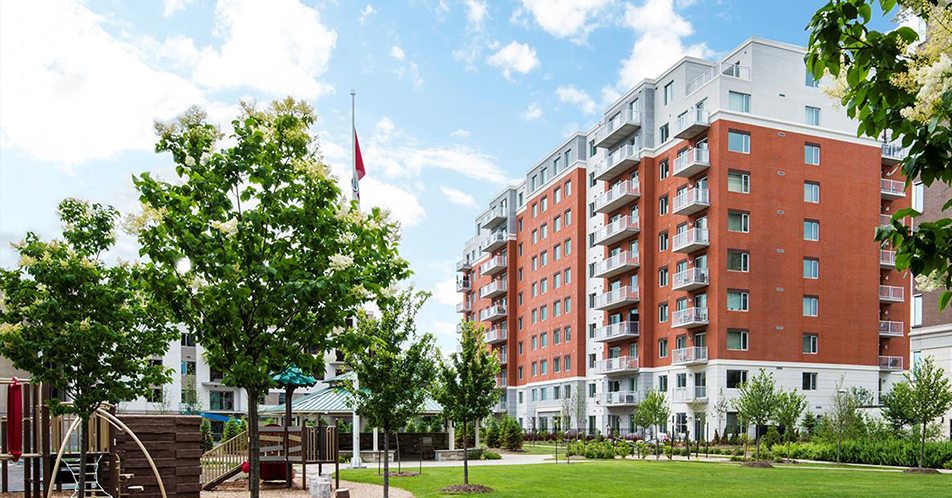There’s a lot to remember during the condo hunt, which is why it pays to be prepared. As a buyer, you want to make a truly informed purchase. Cover your bases by getting the answers you need from sellers. Here are a few of the questions to ask when buying a condo.
1) What are the rules?
Does the condo building you’re looking at allow pets? What are the rules surrounding guest parking spots? These are some of the first questions to ask when buying a condo. You should receive documentation that lays out all of this information. But it’s a good idea to get a sense of whether a building is going to fit your lifestyle early on.
When you’re thinking about a particular condo, be sure to ask the owner specific questions about what is and isn’t permitted before you get too far along in the buying process. If you’re a guitar player, the last thing you need is to find out about an early noise restriction in a unit you’ve been seriously considering.
2) What are the maintenance fees (and what’s included)?
Many condo owners are hazy on what their maintenance fees pay for, but there’s no reason why this should be the case. If you’re looking at a unit, ask the owner about documentation that breaks down these fees. If the owner can’t provide it, go to the condo board.
Here’s how fees are typically spent. The biggest expense is usually utilities (heat, water, etc.), followed by the upkeep of shared facilities (such as a pool or exercise room). The reserve fund, which is set aside for major repairs and common elements, makes up another sizable component (“common elements” is a fancy term for areas everyone uses, like the lobby, roof, and front walkway).
The remainder of your fees will probably go toward service contracts, minor repairs, and administrative costs. That said, every building is a little bit different. And the sum you pay may not be the same as what your neighbour pays, depending on factors such as the size of your unit. Just be sure you know what you’ll be paying for before you buy.
3) What’s the soundproofing like?
If you’ve ever lived in a building where noise was an issue, you know why this is one of the questions owners get asked most. For many people, loud music, conversations, and the sounds of day-to-day life can disrupt sleep and decrease quality of life. Does this sound like you?
Soundproofing has come a long way in the last couple of decades, so you may not have to worry about noise as much if you’re looking at a newer building. But don’t make assumptions—find out about the building’s soundproofing before you make a decision. Depending on your sensitivity to sound, this might be one of the most important questions to ask when you’re buying a condo.
4) Who’s responsible for repairs, and what does insurance cover?
Will you need to purchase insurance for your condo to supplement your building’s coverage? It’s important to know what you could be held responsible for if you decide to buy.
Perhaps you already know some of the potential benefits of insuring a unit—from protecting you from personal liability to helping you replace your belongings if they sustain certain types of damage. But you might be surprised to learn that you may also need coverage for major repairs.
In some buildings, if a pipe bursts in your condo, you’ll have to pay for any damage that spreads to other units. So make sure you ask specific, insurance-related questions before purchase.
5) Can I see your board’s meeting minutes and relevant financial statements?
Before buying a condo, you have a right to know how well the building is being managed. Minutes from the condo board’s most recent meeting will give you an idea of management’s priorities and activities. And recent financial statements can help you ensure that the board is in good fiscal shape.
Specifically, you’ll want to check the amount contained in the condo board’s reserve fund. As we mentioned above, the reserve fund is used for repairs and common elements. The amount of money in the fund is a pretty good indication of how the board is doing financially.
You’ll find relevant financial information in the status certificate—a package of documents that all prospective condo owners should request.
Searching for the right condo? We can help you find what you’re looking for, and we’ll always ensure that you make an informed purchase. Check out our condo guides to learn about some of the best buildings in the city, or get in touch to set up a time to talk about your needs!

